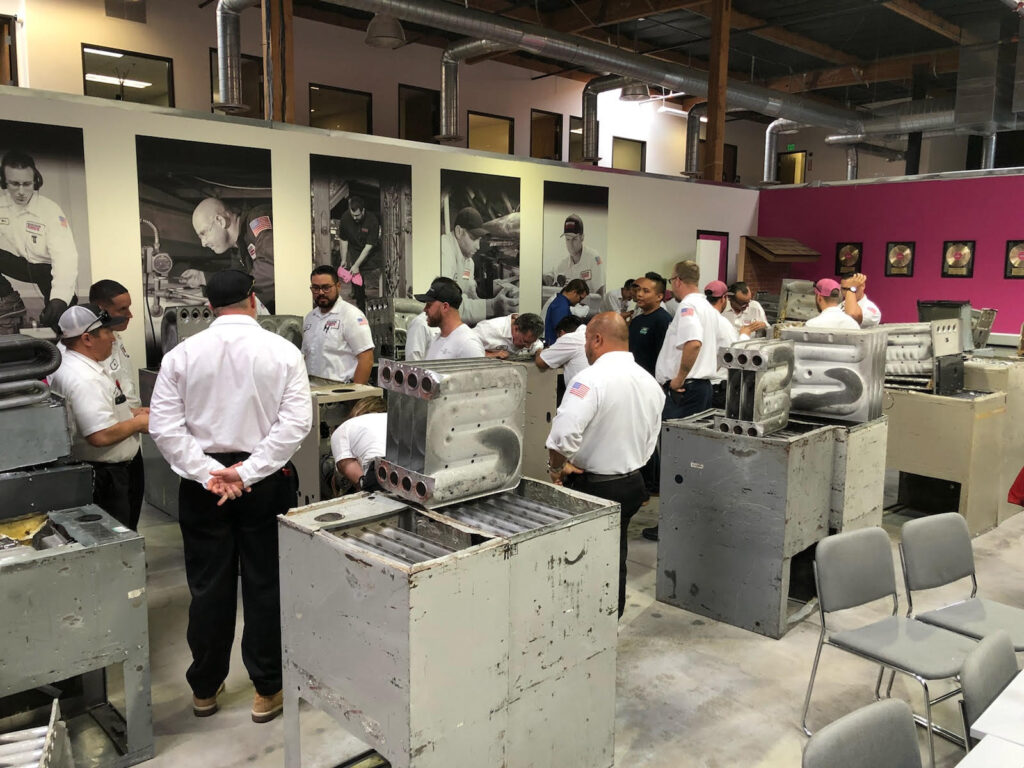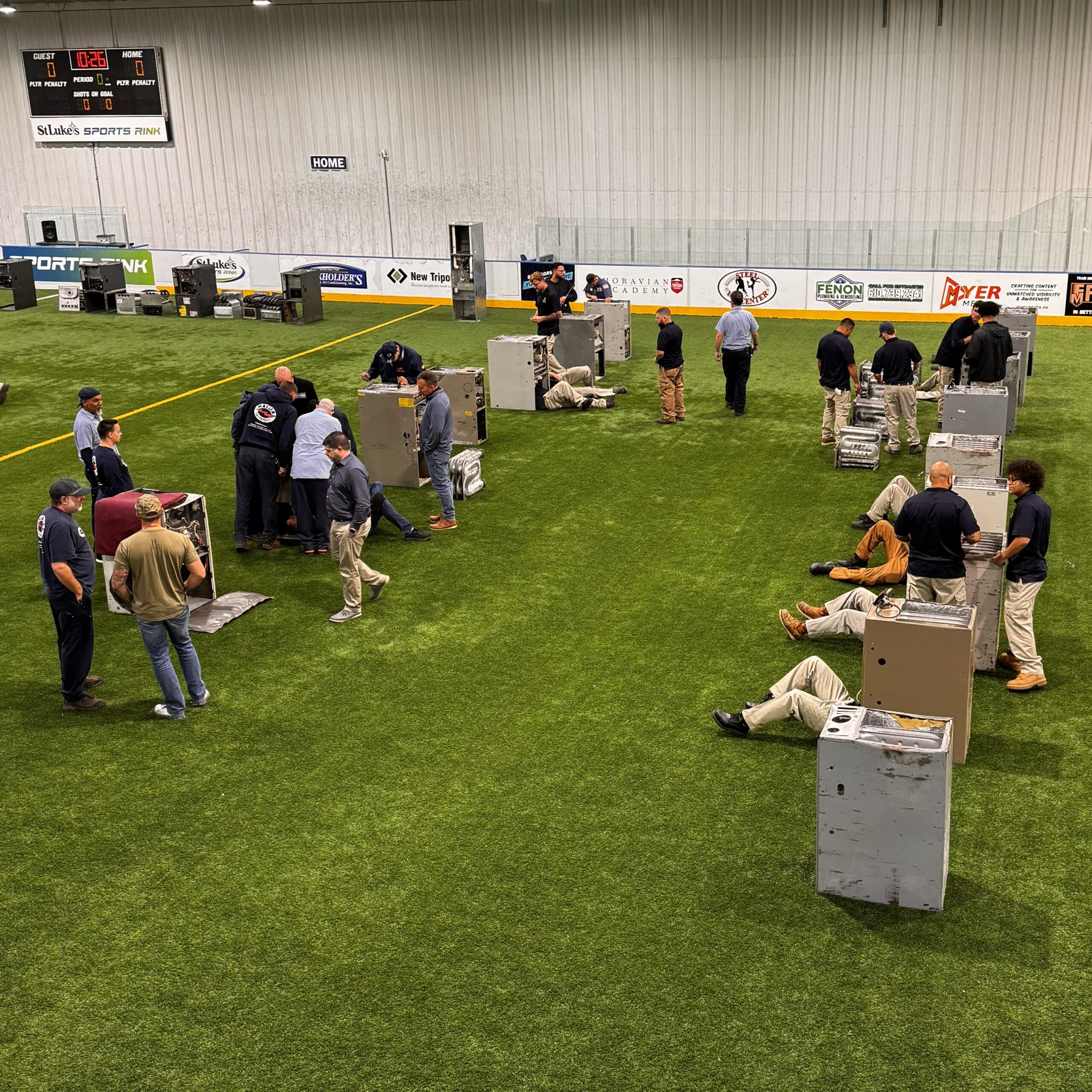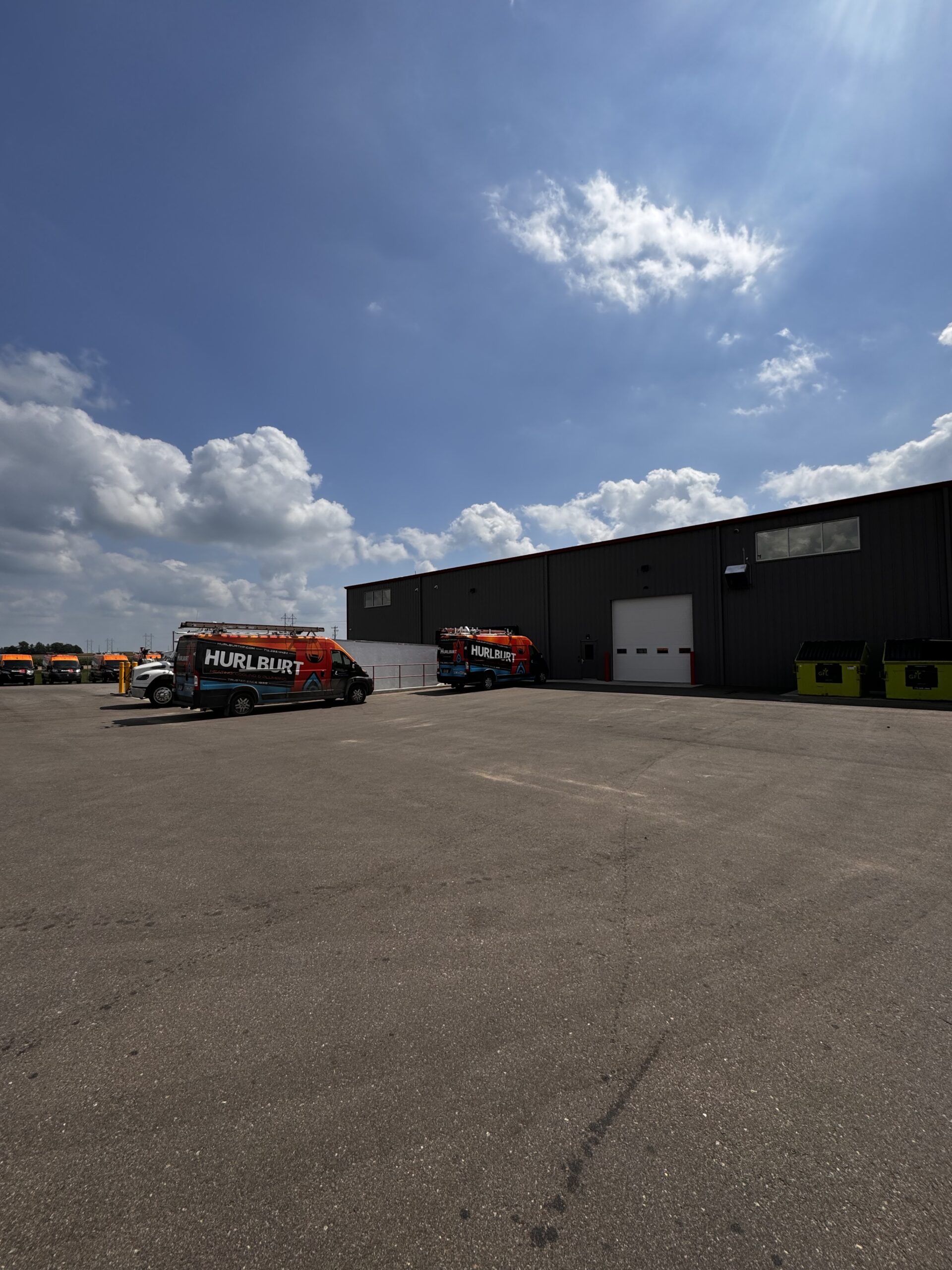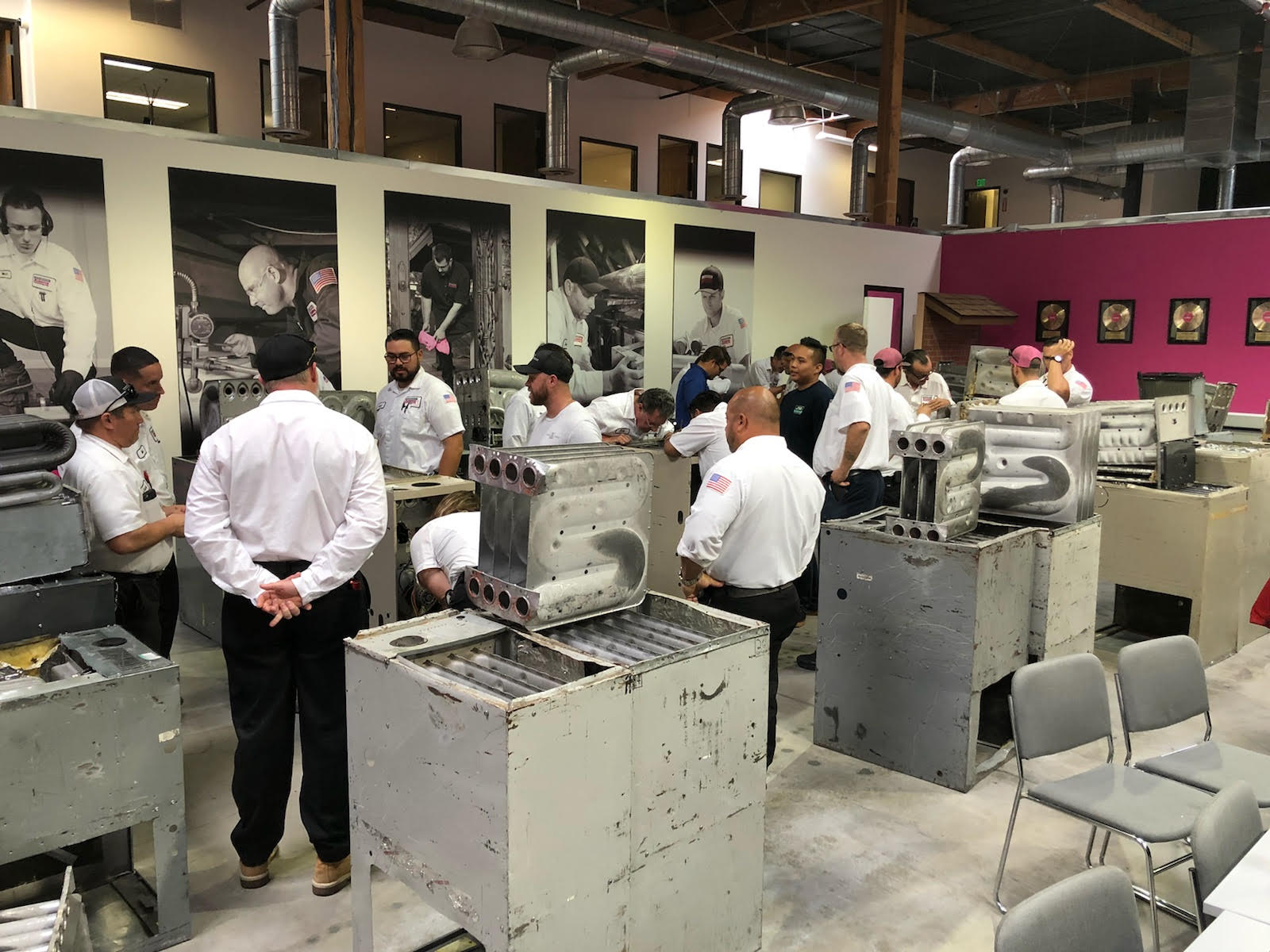How HVAC Technician Certification Sets You Apart from the Competition
In a crowded and competitive industry, today’s HVAC technicians need more than hands-on experience to get ahead—they need the credentials to prove it. Whether you’re an apprentice, a journeyman, or a seasoned HVAC contractor, earning your HVAC certificate can transform your career path and help you stand out in a rapidly evolving job market.
With increasing licensing requirements, evolving technology, and customer demand for qualified professionals, certification is no longer optional—it’s a strategic advantage. From gaining client trust to qualifying for higher-level roles, technician certification from programs like the ESCO Institute, HVAC Excellence, and Type II EPA Certification positions you as a leader in the field.
Why Certification Is Essential in Today’s HVAC Industry
1. Proves Professional Competency
Certifications such as Type II, Section 608, or HVAC Excellence confirm your ability to handle critical tasks like refrigerant recovery, air conditioning diagnostics, and complex HVAC system maintenance. This is especially important for roles involving wiring, system installation, and combustion safety—where verified expertise can reduce job site liability and risk.
Employers and clients alike are increasingly demanding proof that technicians meet national standards. Certification does just that.
2. Opens Doors to Licensing and Higher Wages
To legally operate as a licensed HVAC contractor, many states require passing a licensing exam. Certification serves as both preparation and proof of your qualification. Holding certifications also increases eligibility for licensure as a wireman, journeyman, or master technician, depending on your state’s structure.
Most HVAC careers see a measurable wage increase post-certification, especially for those who hold liability insurance, operate an HVAC business, or supervise apprentices. According to industry data, certified techs often command higher starting salaries and gain faster promotions within their organizations.
3. Boosts Job Security and Flexibility
In uncertain markets, certified technicians are more likely to retain employment. Certification not only demonstrates technical knowledge, but also a commitment to the trade—qualities that employers value when making staffing decisions.
Certification also increases job mobility across states or regions, where licensing laws vary. With credentials in hand, you’re better positioned to move between companies, specialize in high-demand services, or even start your own business.
Certification as a Stepping Stone to Professional Development
A quality HVAC training program or apprenticeship program builds the foundation for future success—but certification exams take that foundation and transform it into recognized authority. Certification also gives access to:
- Mentorship opportunities in larger organizations
- Advanced training programs for commercial HVACR systems
- Career tracks in energy efficiency, automation, and system design
- Exclusive roles that require certification, such as system commissioning or performance audits
Institutions like the ESCO Institute and HVAC Excellence also offer paths for continuing education, ensuring that HVAC professionals stay informed as licensing requirements, refrigerant guidelines, and system designs evolve.
Certification Prepares You for Specialized Fields
With the growing demand for specialized skills in HVACR, certifications can set you apart for roles in:
- Geothermal HVAC systems
- Commercial air conditioning service
- Smart building automation
- Energy-efficient system retrofits
- Residential heat exchanger inspection
These areas often require or strongly recommend certification before allowing technicians on-site. Whether you’re working independently or within a larger team, certification builds credibility, reduces liability, and increases efficiency.
Want to Stand Out? Train with the Heat Exchanger Experts
If you’re ready to take the next step in your HVAC career, Heat Exchanger Experts offers the industry’s most hands-on, practical HVAC training for inspecting and diagnosing residential heat exchangers.
Our one-day HVAC training program is ideal for both new and experienced technicians looking to sharpen their inspection skills, improve client communication, and boost their technician certification credentials.
In this eight-hour training seminar, you’ll learn how to:
- Inspect over 70 real heat exchangers (including tubular, clamshell, and serpentine models)
- Identify the most common causes of heat exchanger failure
- Communicate your findings clearly and professionally to customers
- Build trust, improve safety, and increase your business’s profitability
Each participant receives Ellis Prach’s highly detailed inspection manual and leaves with the confidence to make informed decisions in the field.
Register for an Upcoming Training Seminar and elevate your HVAC career with nationally respected, expert-led instruction.
FAQ: HVAC Certification and Career Advancement
1. Do I need a certification to work as an HVAC technician?
While entry-level roles may not require it, most employers prefer or require certification—especially for tasks involving refrigerants, combustion, and system diagnostics. In some states, it’s a prerequisite for a HVAC license.
2. What’s the difference between a certificate and a license?
A certificate proves you’ve passed a training or certification exam. A license is issued by the state, often requiring proof of experience, passing scores, and sometimes liability insurance.
3. How do I prepare for the certification exam?
Many HVAC training programs offer prep courses. Heat Exchanger Experts also provides hands-on HVAC training to help techs understand system failure points, including cracked heat exchangers—knowledge critical for exam success.
4. Can certification help me start my own HVAC business?
Yes. Certification improves your credibility, helps meet licensing requirements, and reassures customers that you’re operating with the proper training and insurance.
5. What certification should I start with?
Begin with Section 608 or Type II certification. Then pursue specialized credentials through the ESCO Institute, HVAC Excellence, or your local certificate program.





